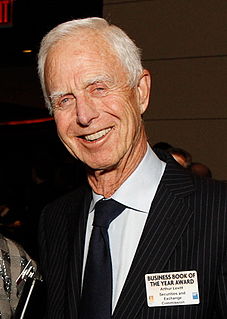A Quote by Porter Stansberry
There's been a dichotomy in the world financial markets over the last 30 years between the developed markets and the developing markets. Brazil, for example, always had to pay a lot more in interest to borrow money than governments in developed nations.
Related Quotes
On the one hand, you have markets such as Singapore and Thailand, with an extremely strong inbound booker market and a well-developed tourism industry. You also have markets that are just opening up to tourists, like Myanmar, that have massive growth potential and then markets that are extremely fragmented within themselves such as Indonesia.
Markets are a social construction, they're made from institutions. We in a democratic society create markets, we constitute markets, we bring them into existence, and we shouldn't turn markets over to a narrow group of people who regulate them and run them in their interests, rather they should be run democratically for the common good.
There is a bit of a problem with the match between derivative securities markets and the primary markets. We have long ago instituted principles, essentially high margin requirements, to prevent certain instabilities in the stock market, and I think they're basically correct. The trouble is that there's a linkage, let's say, between something like the stock market and the index futures markets, and the fact that the margin requirements are very different, for example, played some role in the October '87 crash.



































